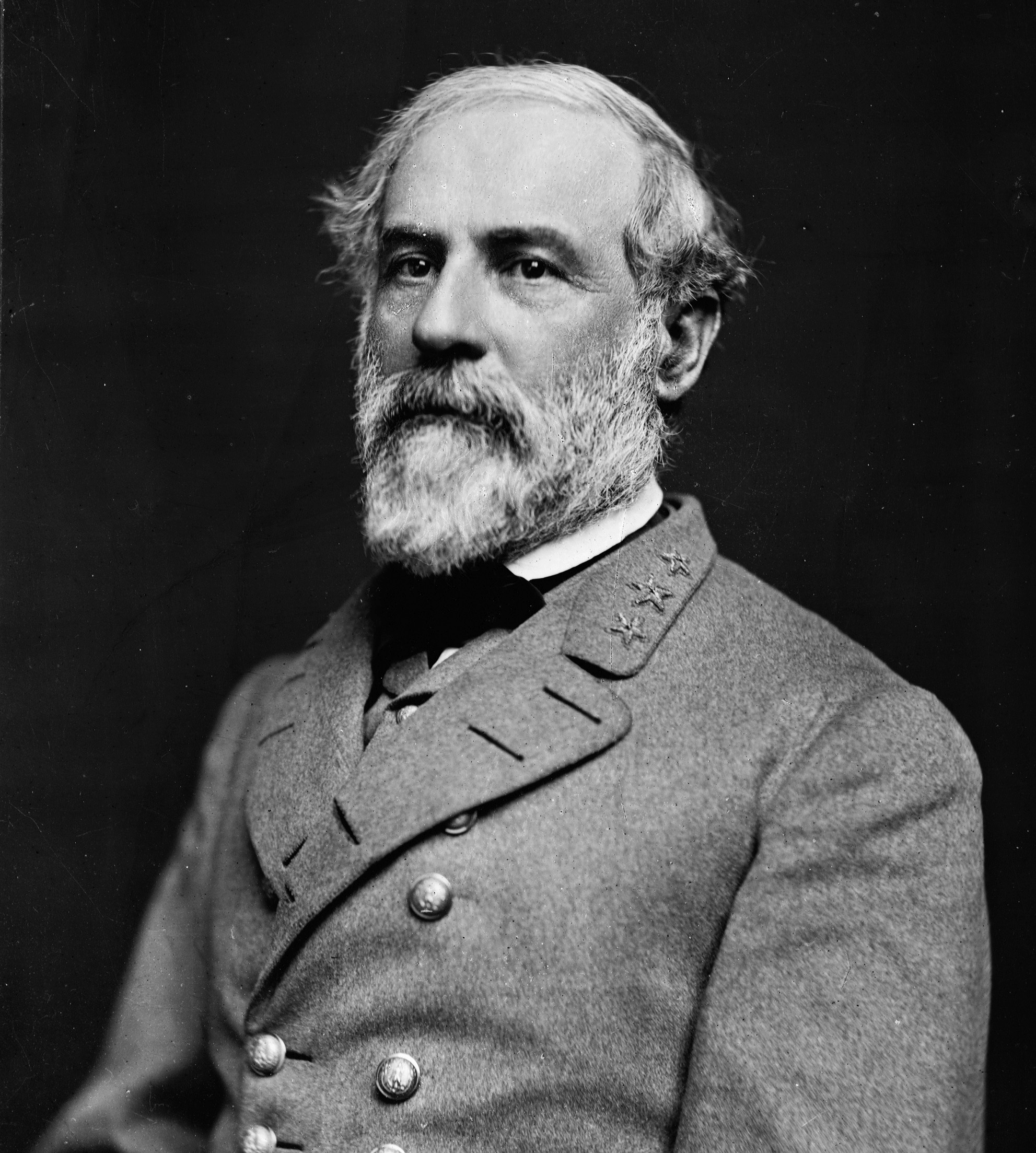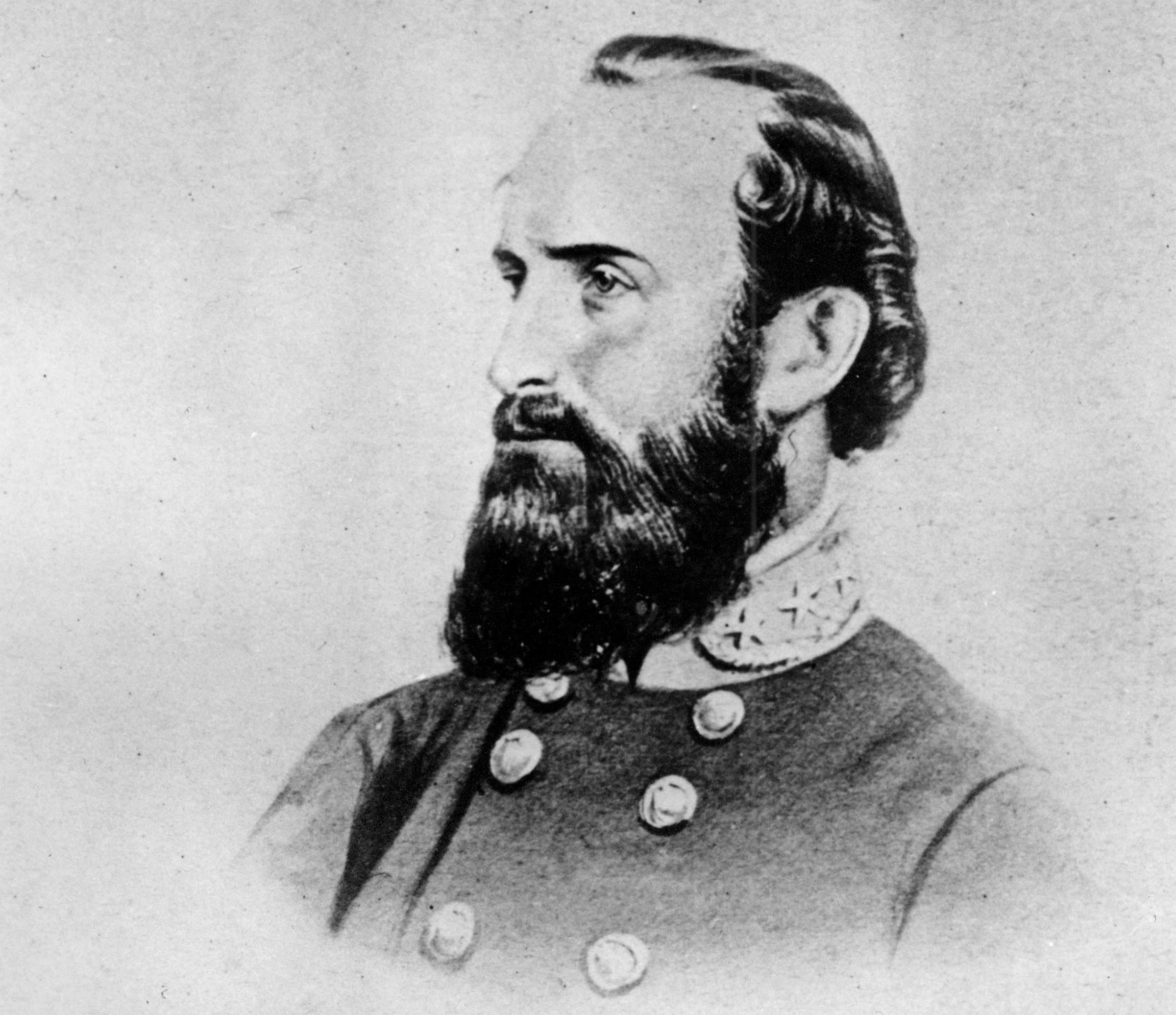This month, the South celebrates the birthdays of three of our most beloved sons: Dr. Martin Luther King (Jan. 15, 1929); Gen. Robert E. Lee (Jan. 19, 1807); and Gen. Thomas "Stonewall" Jackson (Jan. 21, 1824). It is rare to see those three names honored together in our politically correct society.
In fact, it seems to border on sacrilege since Dr. King has achieved almost a righteous realm while statues, historical markers and historical references honoring the other two men are desecrated and destroyed across the South. One wonders what Dr. King, who dreamed of a day when men would be judged not by the color of their skin but by the content of their character, would say about such behavior.
Dr. King taught us to love, not hate those with whom we disagree. He showed us through protests and ultimately through his death that bigotry and prejudice have no place in a nation that prides itself on recognizing that "all men are created equal." He deserves our honor.
Similarly, decades after the cannon and musketry of the War Between the States fell silent, men and women across the South honored the memories of the two other men as well. Today, many leftists decry those honors as poorly disguised racist efforts to herald the continued presence of white supremacy.
Instead of juvenile name-calling, it is helpful to consider the character of these two men, not a politically correct veneer that labels them as unrepentant racists, much like the left currently labels our president. On the contrary, Lee and Jackson endeared themselves to Southerners because they were men of unquestionable character.
Despite Jackson's success in both the Mexican War and the War Between the States, the accomplishment for which he was most proud was the Sunday school class he began in 1855 for free black and slave children in Lexington, Va. More than 100 children showed up every Sunday not just to learn the Word of God but also to read and write. Many of them became leaders in their communities after blacks were freed.
Jackson's effort was no small accomplishment. In the aftermath of the 1831 Turner Rebellion in southeast Virginia, legislatures in all Southern states enacted restrictive laws including the prohibition of black education. A local Lexington judge warned Jackson his Sunday school was in violation of such laws, and he could face a year in jail if he continued. Jackson was indignant and responded that black children stood in need of God's salvation as much as white children. He told the judge to follow his conscience, as Jackson would follow his. He refused to close the school, which continued for many years after his death in 1863.
Likewise, Lee endeared himself to Southerners not only through his military prowess but through his faith and honor. He was offered command of the entire Union Army at the beginning of War Between the States. Lee refused, despite his professed disgust with the institution of slavery, because he could not fight against his "country," the sovereign state of Virginia.
Lee was also a staunch Christian who closely aligned his faith in God with his duty as a military officer. He once wrote, "Duty, then, is the sublimest word in the English language. You should do your duty in all things. You can never do more. You should never wish to do less." He imparted many such moral lessons to future leaders of his state as president of Washington College (now Washington and Lee University) after the war.
It is no surprise that Southerners whose fathers and grandfathers fought in the War Between the States recognized the moral qualities of these men and wanted to hold them as examples for their children and grandchildren. If only we could recognize the content of their character, not the color of their skin, we might achieve Dr. King's dream.
Roger Smith, a local author, is a frequent contributor to the Times Free Press.


